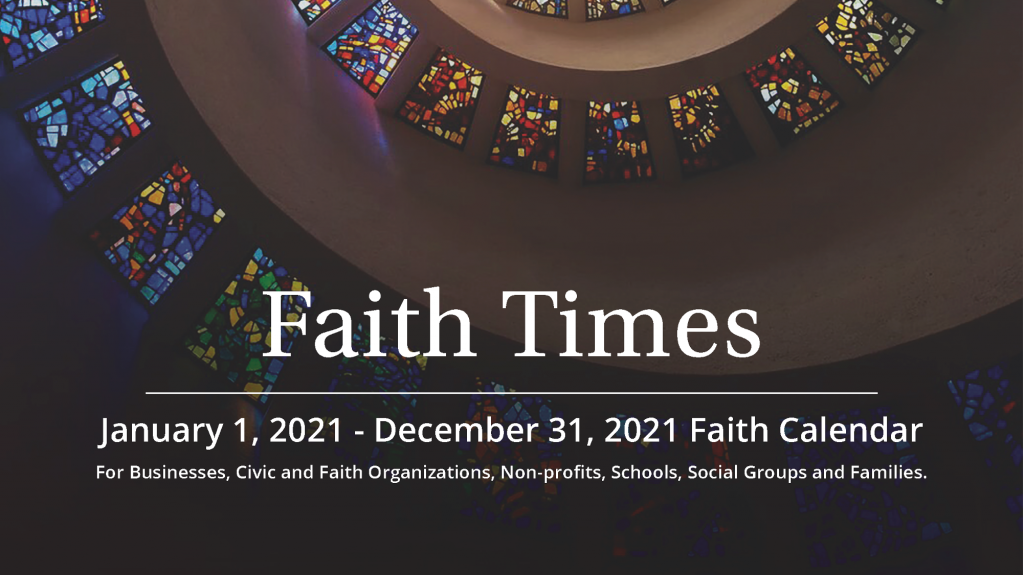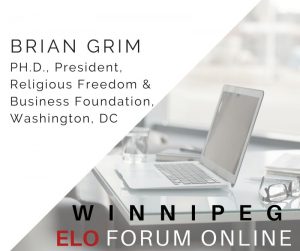 Women Filmmakers from Iran and Afghanistan Produce Docudrama Training Series to Advance Religious Freedom Worldwide
Women Filmmakers from Iran and Afghanistan Produce Docudrama Training Series to Advance Religious Freedom Worldwide
A direct outcome of the Marrakesh Declaration, U.N. Plan of Action and Potomac Declaration, LIVE WHAT YOU BELIEVE, promotes Multi-Faith living in the Workplace and Society.
(Los Angeles and Washington DC) – Launched on November 19, 2020 during the International Ministerial to Advance Religious Freedom, LIVE WHAT YOU BELIEVE is an interactive film -based training series to equip professionals and influencers to support freedom of religion or belief (FoRB) around the globe. The certificate eCourse training is a direct outcome of worldwide declarations to counter religious-based violence and discrimination. Created in partnership with Empower Women Media and other advocacy organizations, the training explores how freedom of belief is good for peaceful, prosperous, and thriving societies.
Contacts:
“We hope this docudrama training series stimulates rich conversations and fruitful advocacy efforts that shift culture to support greater religious freedom in every corner of the world,” shared Shirin Taber, executive producer and director or Empower Women Media. Iranian-American, Taber’s family fled Iran during the 1979 Islamic Revolution. Her Iranian, Muslim father and American, Christian mother knew it would be too dangerous to live as a religiously-mixed family inside Iran’s Islamic republic. Today, Shirin shares her father gave her the enduring gift of religious freedom.
“Many organizations already do a great job documenting and publicizing the tragic cases of religious discrimination and persecution around the world,” shares Mariya Dostzadah Goodbrake, originally from Afghanistan. “While our series acknowledges these human rights violations, our focus is to draw attention to what is not being talked about enough – the many positive benefits of the universal right of freedom of religion, belief and conscience.”
In preparation for creating the training docudrama series, the producers, Nancy Sawyer Schraeder and Shirin Taber, conducted over a dozen interviews with some of the top religious freedom experts in the world. They filmed ambassadors, lawyers, advocates, and scholars as they shared their research and experience. Then, they interwove throughout the interviews the dramatic story of a young woman and her immigrant family experiencing the benefits of religious freedom in their workplace and community. As Nada Higuera, constitutional lawyer with a Palestinian heritage explains, “Cultivating freedom of belief and conscience unleashes creativity and innovation which is needed more than ever in our increasingly global world.”
The four episode online training series, which can be completed in 60-90 minutes, explores freedom of belief and how it contributes to peaceful and stable societies, empowers women, and encourages business and innovation. Discussion questions and curriculum accompany the docudramas. The certificate eCourse seeks to educate, empower, and equip influencers to advance freedom of religion or belief in the marketplace and society.
Normally a $180 certificate eCourse, Empower Women Media is offering the online workshop for free until December 30, 2020.
Live What You Believe registration link: https://human-rights-and-religious-freedom-training.teachable.com/p/home
Free Scholarship Code: LWYB2020
Research confirms that people are more entrepreneurial and productive when they are allowed to freely express their beliefs (whether religious or secular) and bring their whole selves to work. As Jacqueline Isaac, an Egyptian and international lawyer, says: “We cannot ignore that in order to flourish, people have to be able to address their deepest questions of existence and meaning, both privately and in community with others.”
For more information about the LIVE WHAT YOU BELIEV eCourse, contact the Empower Women Media Director, Shirin Taber at shirin@visualstory.org or www.empowerwomen.media
Expert Interviews:
- – Dr. Brian Grim (Religious Freedom & Business Foundation)
- – Robert Seiple (Ambassador at Large for Religious Freedom)
- – Lou Ann Sabatier (21 Wilberforce)
- – Greg Mitchell (International Religious Freedom Round Table)
- – Katherine Cash (The FoRB Learning Platform)
- – Dr. Azza Karam (Religions For Peace)
- – Dr. Paul Marshal (Baylor University)
- – Rabbi Michael Shevack (The Alliance for Enlighted Judaism)
- – Ed Brown (Stefanus Alliance International)
- – Hussein Aboubakr (Educator and Advocate)
- – Kristina Arriaga (US Commission on International Religious Freedom)
- – Jacqueline Isaac (International Lawyer and Women’s Rights Advocate)
- – Nada Higuera (Constitutional Lawyer)
 How to Welcome Faith Oriented Diversity in a Workplace: A Better Way
How to Welcome Faith Oriented Diversity in a Workplace: A Better Way












